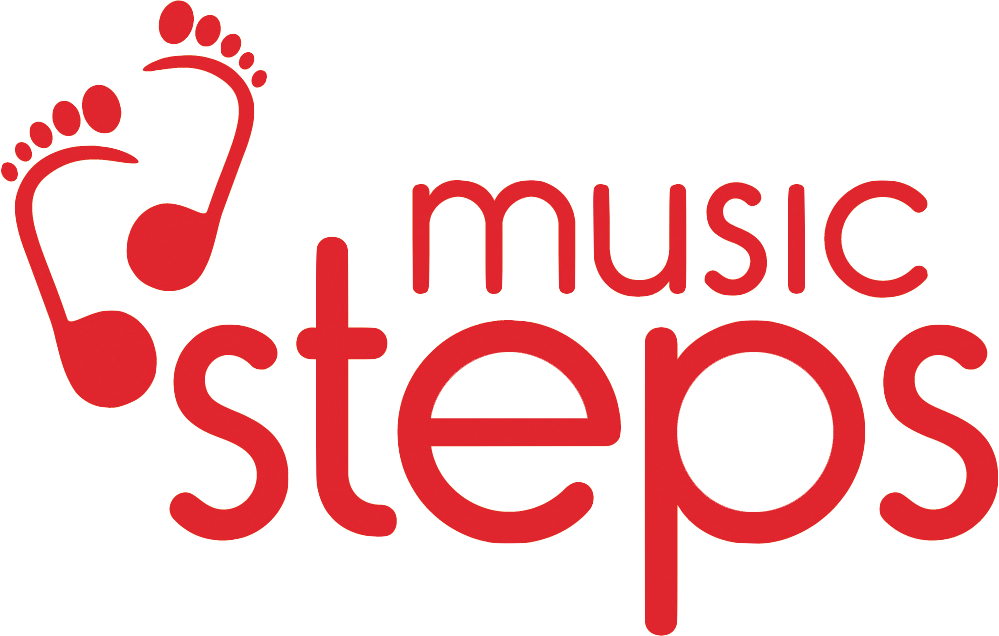Master Mind Musicians - A Sharp and Healthy Mind Part 1
There is an abundance of evidence showing the benefits of listening to music, even in non-musicians. We tend to be healthier and happier from appreciating music. Enjoying music is proven to help fight depression and anxiety, bust stress, enhance positive moods, and increase concentration. The amazing effects music has on the human brain are even more prominent in musicians: so much so that playing an instrument can permanently change the structure of the brain.
Academic Advantages
Have you ever wondered about the fact that many genius scientists were also accomplished musicians? Einstein played the violin; and Thomas Edison – the inventor with over a thousand patents – played the piano. There are countless other examples, and the reason why may not be as coincidental or insignificant as once believed.
It is well-known that the left side of the brain is dominant in tasks like math, science, and logic. The right side controls creativity. When a team of neurologists analysed the brains of musicians, they found that the left and right sides worked together more symmetrically than in non-musicians. Scientists noticed that the bridge connecting the brain’s left and right hemispheres is bigger and stronger in musicians. This strip is called the corpus callosum, and its increased function in those who play instruments may contribute to musicians being better problem solvers both creatively and socially.
Executive Composer
Corporate and artsy are not two words you would usually associate with one another, but they actually go very well together! Musicians develop fine skills which include attention to detail, organizational tools, increased concentration, as well as planning and strategizing. When you combine this with the creative problem solving finesse musicians possess, they are capable of producing excellent results in an office environment.
It’s clear that all these skills can be refined in such a way that the musician can apply them to virtually any field he or she chooses to enter.
Anyone is capable of learning an instrument: people all ages, and from every academic and socioeconomic background. Truly, those who are seemingly most disadvantaged often benefit most from music. For example, a child with learning disabilities or concentration issues can find relief and focus in music, and see their studies improve. Or an older person struggling with memory loss can strengthen their minds and sharpen their memories through music therapy and playing an instrument. Music really is for everyone.
If you enjoyed this article, here's the link to the 2nd part.



